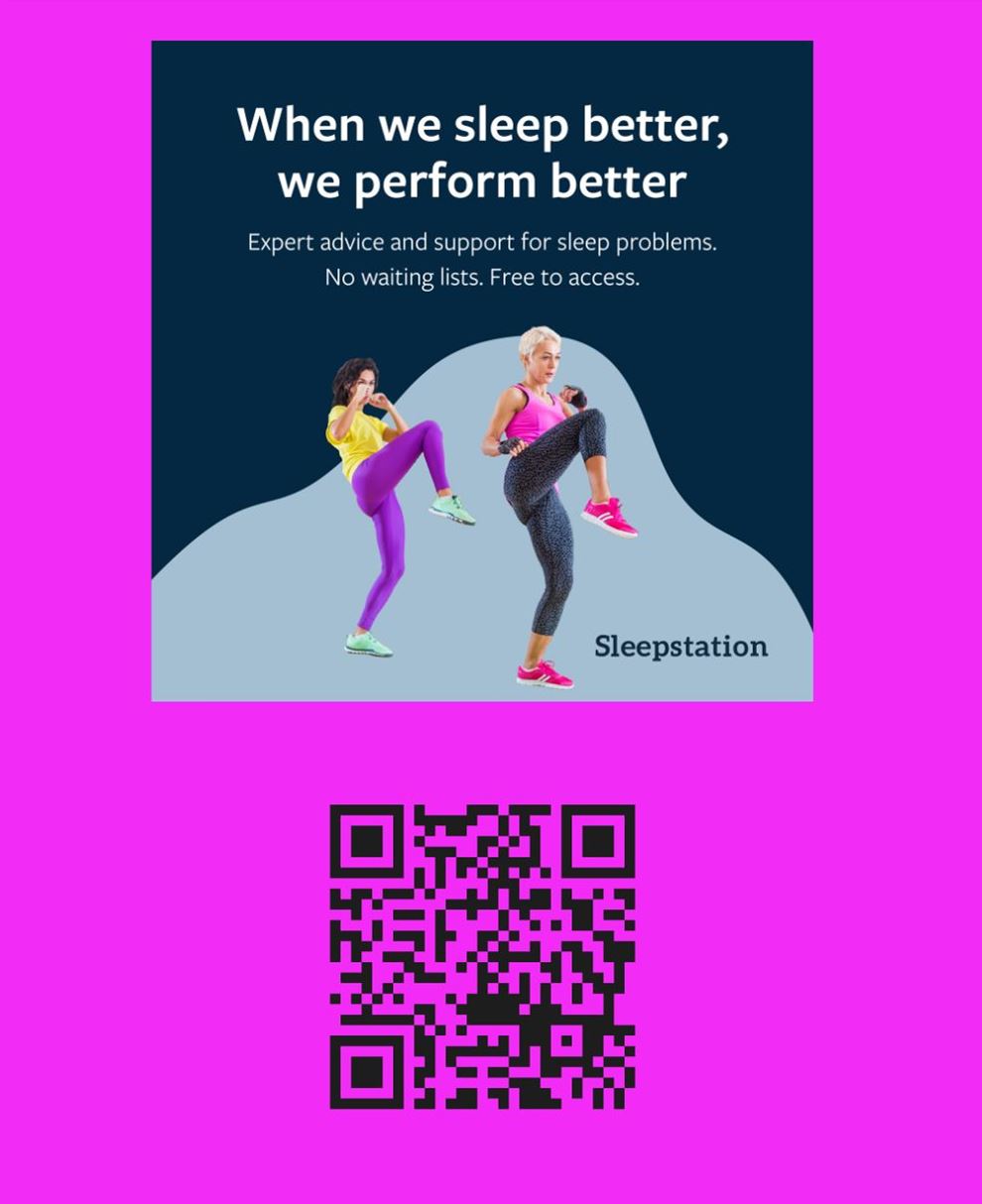Struggling with your sleep? Sleepstation can help.
Get advice, support, self-help resources and structured insomnia therapy.
Free on the NHS for patients aged 18+, with no waiting lists.
Start today at:
https://app.sleepstation.org.uk/nhs/register
https://www.sleepstation.org.uk/
Self care and over the counter items
Self Care and OTC medicines
What is self-care?
Self-care means looking after your own health. It includes treating small illnesses or injuries yourself using things like medicines you can buy without a prescription. It also means knowing when to ask a pharmacist, doctor, or other health worker for help.
What are common problems you can treat with self-care?
-
Colds, coughs, and sore throats
-
Hay fever and allergies
-
Small aches and pains (like headaches or period pain)
-
Indigestion or heartburn
-
Constipation or diarrhea
-
Warts and verrucas
-
Mouth ulcers
-
Minor cuts and scrapes
What are examples of medicines you can buy without a prescription?
-
Pain relief: Paracetamol, ibuprofen, aspirin
-
Allergy relief: Antihistamines, decongestants
-
Cold and flu: Cough syrups, throat lozenges
-
Stomach problems: Antacids, medicines for diarrhea or constipation
-
Skin problems: Antiseptic creams, creams for minor burns or bites
-
First aid: Plasters, bandages, antiseptic wipes
Where can you get advice and these medicines?
-
Local pharmacies
-
Supermarkets
-
NHS website and NHS 111 phone service
Important tips:
-
Always read and follow the instructions on medicine labels.
-
Keep medicines safe and away from children.
-
If you get worse or don’t improve, see a healthcare professional.
-
For ongoing health problems, learn how to manage them and talk to your doctor.

Page created: 24 June 2025